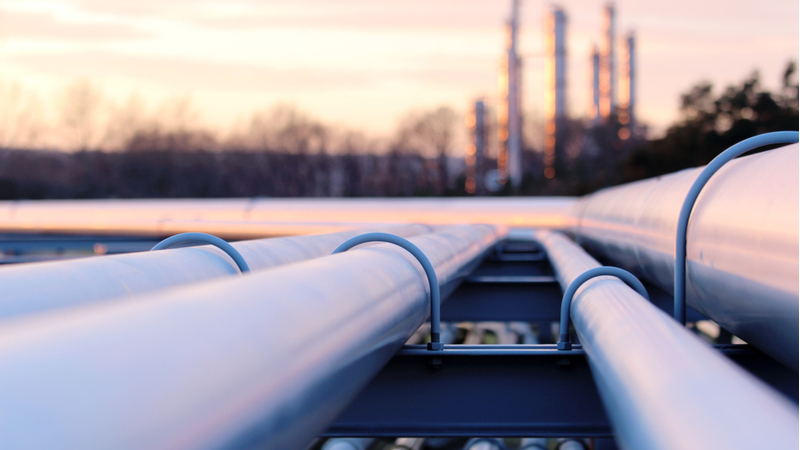
Paul Roberti, President Donald Trump’s nominee to lead the Pipeline and Hazardous Materials Safety Administration (PHMSA), told lawmakers on July 16 that a “whole-of-government” approach is necessary to protect the nation’s pipeline systems from cyber threats.
“The best defense against these threats requires constant vigilance and close coordination with Federal, state and local government partners,” Roberti said during his confirmation hearing testimony before the Senate Committee on Commerce, Science, and Transportation. “And if a bad incident occurs, these same defensive measures are equally critical in the context of emergency response and recovery.”
Roberti served as PHMSA’s chief counsel during the first Trump administration. If confirmed, he said he plans to strengthen interagency efforts to counter both physical and cybersecurity threats to pipeline networks.
Pipelines are part of the energy critical infrastructure sector – one of 16 such sectors designated by the Department of Homeland Security (DHS) and the Cybersecurity and Infrastructure Security Agency (CISA). These sectors are considered essential to national security, public health, and economic stability.
“Today, we face many threats and challenges to our pipeline infrastructure,” Roberti said. “Physical and cybersecurity threats from bad actors, whether individuals or nation states, pose a steady and growing risk to the safe and reliable operation of our pipeline systems.”
Roberti emphasized that while cybersecurity oversight rests primarily with DHS, PHMSA plays a critical supporting role. During his prior tenure, the agency negotiated interagency agreements with the Transportation Security Administration and Department of Energy to enhance its presence in pipeline control rooms and strengthen cybersecurity coordination.
“I think that across the Federal landscape, there needs to be full engagement, information sharing, and thinking about how we can leverage each other’s resources,” Roberti told senators.
“We work to partner [and] bring more visibility and put an eye on some of the important factors of what operators should be doing on the pipeline front – collaborating so that we have constant information sharing, and are thinking about security in the field, both from a physical and cyber perspective.”
Roberti also highlighted the potential role of advanced technologies, including artificial intelligence, in assessing pipeline integrity and improving hazardous materials containment.
If confirmed, he said he would prioritize the integration of AI tools to produce higher-quality risk assessments and foster the development of safer, more efficient technologies in the pipeline sector.
